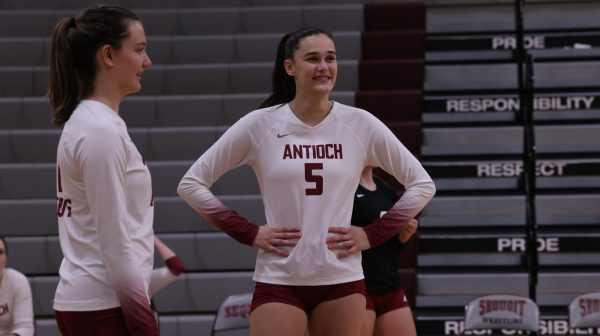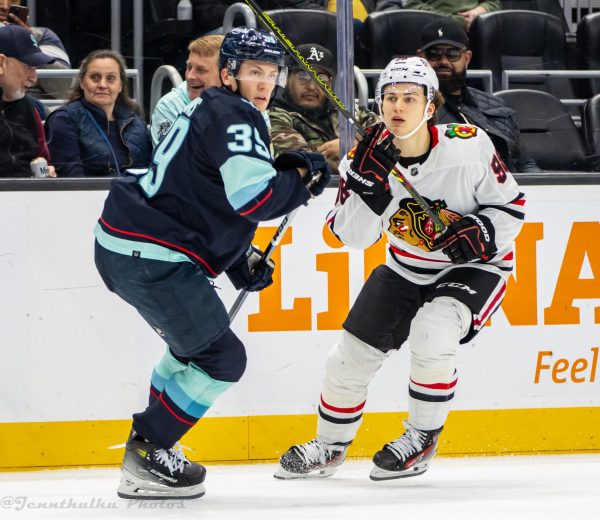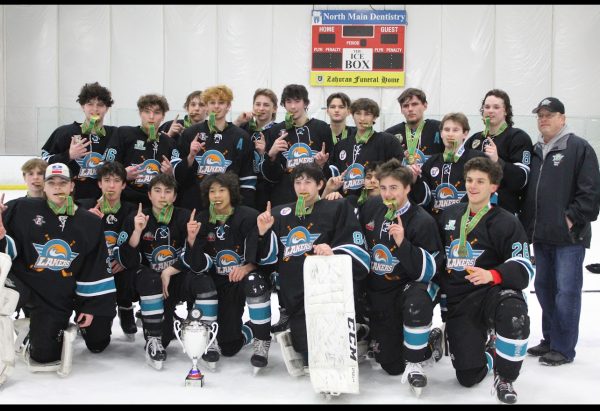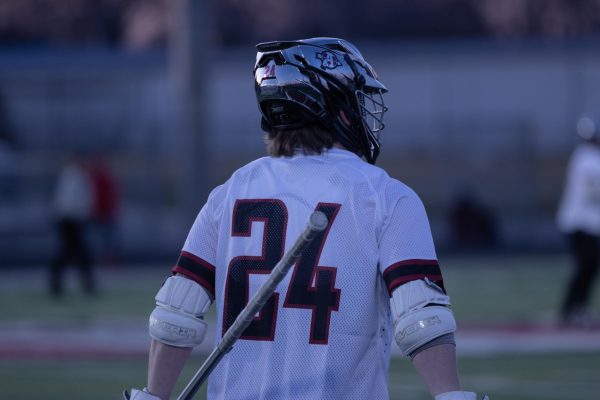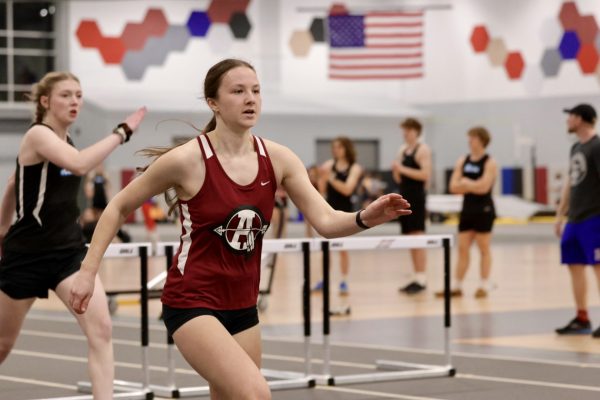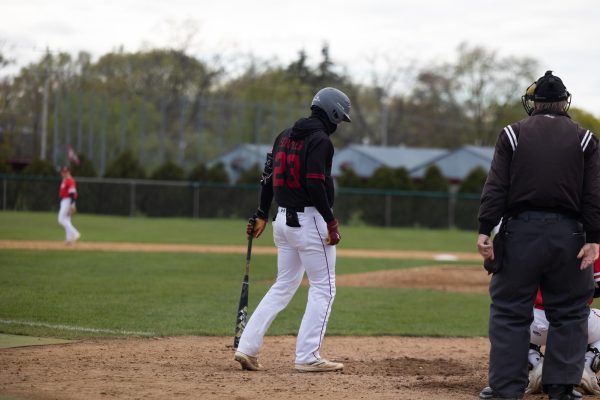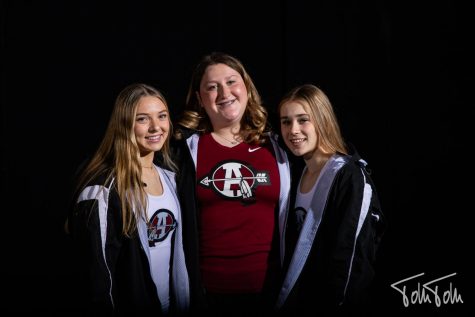How It Feels to Be JV
A look inside what it means to be a JV athlete.

Majority of high school sports have a junior varsity team as well as varsity, but what is it really like being on a junior varsity team?
High school sports not only have a variety of options to play, but many student-athletes who want to play those sports. Due to the fact of their being so many students wanting a spot on the team, there has to be a junior varsity and varsity. Some sports also have freshmen or sophomore teams with more athletes on them because there are just so many students wanting to play.
Some sports hold tryouts to get placed into the sport based on skill, but it also has much to do with the students academics and sportsmanship skills. The placement of players on junior varsity could anger the students and even the parents of the individuals.
“It bothers me because other athletes as well as myself find themselves putting in twice the work than other people and the coaches will refuse to put you in when you’re ready to play,” senior Robert Wines said. “I feel I deserve to be on varsity because I put in many hours and I still haven’t received varsity playing time.”
There will always be people who judge others or make fun of what they do; the same thing happens in sports. Many people like to ridicule the junior varsity players for only being on that level and not varsity. This discourages the players and makes them believe they aren’t good at the sport. Junior varsity wasn’t meant to be looked down upon, but despite this they get discouraged by other students because they aren’t on varsity. Being on a junior varsity level still takes hard work and is time consuming, same as a varsity level. Not only do other students that aren’t in the sport poke fun at those players, in some cases, varsity and junior varsity don’t support each other either. Within these levels it is hard to support each other when everyone is competing against one another for the top spot.
“It really isn’t that bad, but I know that it has helped me open my eyes to more things like becoming a leader and someone that the younger girls look up to for help,” junior cheerleader Mia Maldonado said. “I would want to quit, but wouldn’t because it is been my sport since preschool and I love it, but it is really hard to work so hard for something and never get moved up.”
Junior varsity is never meant to target any specific player, but sometimes the player feels that way and they get discouraged from the sport. Because being in a sport, for many students, is so important for reputation and high school status, and when it doesn’t work out for someone they tend to give up on the sport and themselves. Giving up after being on junior varsity should never happen; junior varsity isn’t varsity, but it is a really good opportunity to grow and be stronger until ready for the higher levels.
“Sometimes people joke around about it but it still gets annoying because they can automatically judge that your not good at a sport,” junior cheerleader Adriana Barrera said. “I just want to remind people that even though they are on a JV team, it doesn’t mean they aren’t good enough, it’s just a place to improve and encourage yourself to get better.”
Though it may be upsetting to be placed on a team lower than varsity, it is purposefully thought out to make the players successful in their sport. Being on junior varsity allows more playing time and game practice for the individual placed on that level which allows them to grow and succeed. Students need to understand that being on junior varsity isn’t to target them or to tell them they’re not good enough, it is allowing them to be successful and their abilities to shine in their sports. Whichever level an athlete is in their sport, they should always be supported and understood as an athlete.


